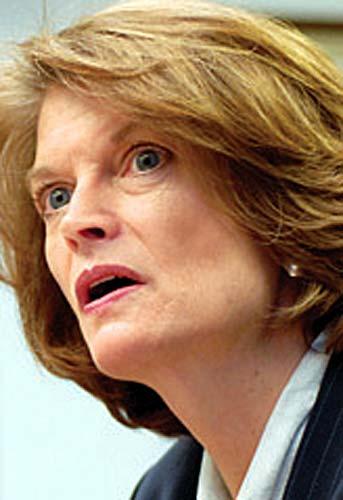Representative Michael Capuano (D-MA) has succeeded in ushering his Shareholder Protection Act of 2010 through the House Financial Services Committee. In reality the bill does little to protect shareholders, but does protect Washington lobbyists.

The legislation is a response to the Supreme Court decision in Citizens United v. FEC. Citizens United restored the First Amendment protection of political speech for speakers of all kinds, including small businesses, corporations, labor unions, and non-profit organizations. Many self-interested legislators fear what the citizens may say now that their voice has been restored. As a result we’ve seen efforts to chill political speech advanced in Congress.
First came the Democracy is Strengthened by Casting Light on Spending in Elections Act (“DISCLOSE Act”). The DISCLOSE Act would have imposed onerous disclosure and disclaimer provisions on speakers that choose to exercise their First Amendment rights. The bill passed the House of Representatives but has not been passed by the Senate.
The embattled legislators have now turned to another piece of legislation designed to curb political speech – the Shareholder Protection Act of 2010.
Rather than protect shareholders, the legislation strips them of their ability to effectively speak. Mr. Capuano’s bill will require that corporations set a political agenda at the beginning of the fiscal year laying out their proposed expenditures. This must be approved by the shareholders.
Even the most prescient strategist cannot determine what political spending should be made twelve months in advance. As campaigns have adjusted to the twenty-four hour news cycle and the ability to rapidly and effectively distribute material via the internet, decisions on political spending must be made in a timely fashion in order to be relevant. By requiring a corporation to approve and telegraph its annual political spending it will blunt its effectiveness. This will in effect silence corporations and their shareholders.
The intent of the Shareholder Protection Act is to silence corporate speech. While celebrating the committee vote Mr. Capuano noted: “We should be working to limit outside influence on elections, not giving corporations a louder voice.”
Political speech and outreach can be just as beneficial to a corporation and its shareholders as lobbying efforts. A corporation may only engage in political advocacy if it is in the best interests of the corporation. This standard is known as the business judgment rule and it governs to the actions of the Board of Directors and leadership of a corporation. If shareholders believe that political advocacy is not in the best interest of a corporation they can prevent the corporation from engaging in advocacy.
Shareholders already have the ability to place limits on the political advocacy of corporations. They may advance amendments to a corporation’s charter and bylaws to regulate the corporation’s political activity. They could even advance measures to eliminate a corporation’s political advocacy altogether. In short, shareholders already have the power to choose how their corporations exercise their right to political speech. Representative Capuano’s bill undermines shareholder’s rights by imposing a burdensome one size fits all federal regulatory regime in order to stifle a corporation’s ability to speak in a timely and effective manner.
Capuano’s legislation also embraces a flawed premise that lobbying should be treated differently than other forms of political advocacy. In practice, one finds both can be effective tools for advancing the interest of a corporation and its stockholders.
Corporations had the ability to spend substantial funds to influence legislators regarding the vote on the Patient Protection and Affordable Care Act, also known as Obamacare. Obamacare can and will increase the costs of doing business in the United States. Lobbying efforts to prevent the bill from becoming law are a permissible use of corporate funds and under Mr. Capuano’s legislation would still be protected.
Corporations, after Citizens United, also had the ability to run political advertisements regarding Obamacare and could have advocated for or against the legislators that supported the bill. Just like a lobbying effort, a savvy political campaign would have been in the best interests of a corporation and its shareholders. Mr. Capuano however seeks to impose impracticable restrictions on the exercise of this right.
From the standpoint of shareholders, political advocacy and lobbying efforts are designed to reach the same end, especially when exercised within the narrow confines of the business judgment rule. Thus, there is no rational reason for distinguishing between the two.
COMMENTS
Please let us know if you're having issues with commenting.